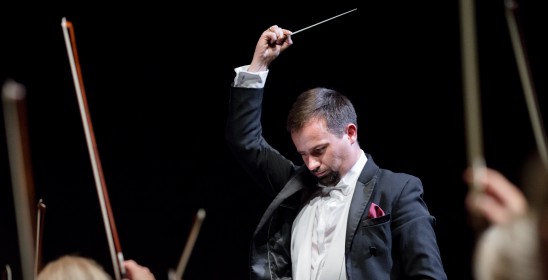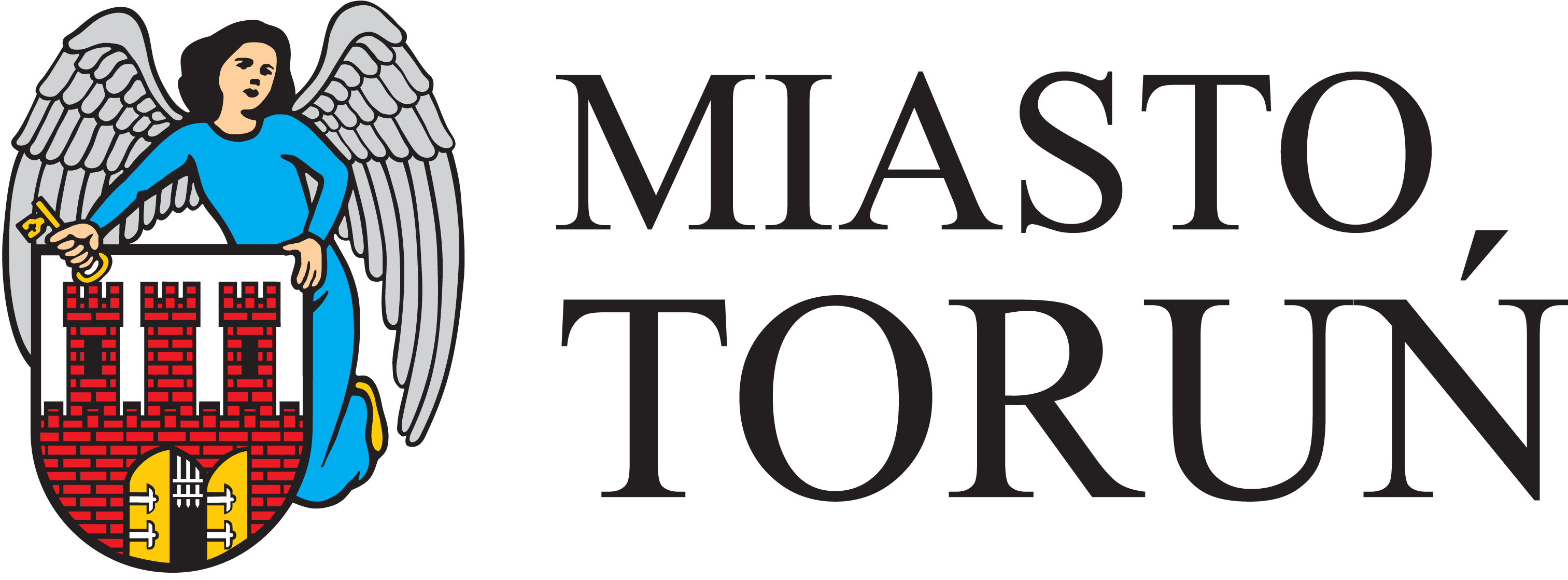Wolfgang Amadeus Mozart was born on 27 January 1756 in Salzburg. He showed great musical talent as early as at the age of three. His father, Leopold, was a violinist, a pedagogue (he wrote a highly regarded violin textbook) and a composer. In 1762 Leopold took little Amadeus and his sister Nannerl on a concert tour of Europe. From then on little Mozart spent almost a third of his life on tour. He aroused universal admiration by performing before the mighty of this world. Hailed as a ‘child prodigy’, he in fact did not have a childhood. He had frequent problems with health and several times came very close to death. At the age of 18 Mozart became a court musician in the orchestra of Hieronymus von Colloredo, Prince-Archbishop of Salzburg. This post did not live up to the expectations of the young and ambitious composer, who often came into conflict with his employer. For this reason, in 1781 he resigned from his post and moved to the musical capital of the world, Vienna. While still in Salzburg, he created such masterpieces as: opera seria - Idomeneo, King of Crete KV 366, Symphonies in G minor KV 183, A major KV 201, D major ‘Paris’ KV 297, masses: Coronation in C major KV 317 and Solemnis in C major KV 339 and many others. The first years of his stay in Vienna were rather successful. Mozart composed a lot, gave lessons and met Constance Weber, whom he married in the summer of 1782. Despite his professional success and personal happiness, he often fell into financial difficulties. In 1787 his father, who was taking care of his now adult son, died. As a consequence, Wolfgang fell into depression, which prevented him from creative work, and drove him into even greater debts. It was during this difficult time that two of his operatic masterpieces were created: the opera buffa - The Marriage of Figaro and the dramma giocoso (drama with jokes, a synthesis of opera buffa, serious/comical and serious opera) ‒ Don Giovanni. In 1791, in turn, he wrote an excellent singspiel, a masterful amalgam of various musical genres, namely Die Zauberflöte (The Magic Flute). That year he also began work on Piano Concerto in B flat major KV 595, String Quintet in E flat major KV 614 and Requiem KV 626. Unfortunately, in mid-November 1791 he was down with a serious illness. On his deathbed, he tried to complete his Requiem, giving guidelines to his pupils. He was aware that he was writing this work for himself. He died on 5 December 1791 and was buried in a mass grave, as Vienna was then consumed by an epidemic.
Interesting facts:
Mozart wrote his first work at the age of 5, a symphony at 8 and an opera at 12. As a young man of fifteen, he had over 100 pieces to his credit!
In 1770, during his first trip to Italy, he heard Gregorio Allegri’s Miserere in the Sistine Chapel (the notes of this piece could not be taken out of the chapel under threat of excommunication). According to his father Leopold, Wolfgang put this composition down on paper after hearing it once.
We do not know what caused Mozart’s death, the least likely being his poisoning by another composer and rival – Antonio Salieri. This theory was chosen by Miloš Forman for his brilliant film Amadeus. The probable causes of death of one of the three greatest Viennese classics include rheumatic fever, trichinosis or streptococcal infection.
Aneta Derkowska, PhD





